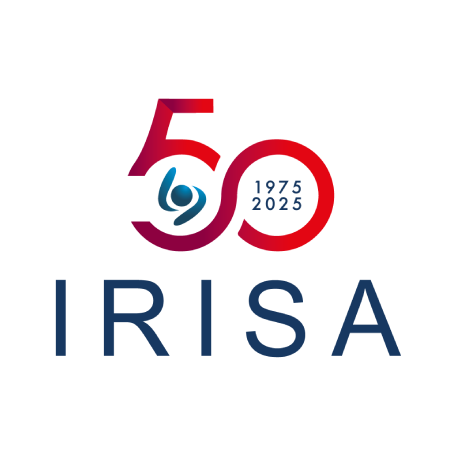

Detecting pollen allergies in order to better prevent them and respond to a real public health problem is the result of the research work of a team of scientists (CNRS, Irmar and IRISA) to which Esso Ridah BLEZA - a doctoral student in the Expression research team at IRISA - contributed as part of his CIFRE* thesis carried out within the start-up company Lify Air
For some people, the arrival of spring and summer is synonymous with allergies! Thirty percent of the world's population is allergic to pollens and by 2050, according to the WHO, half the population will be affected. This is a real public health problem (eye, respiratory and skin problems) with a significant cost for social security and potentially with productivity losses.
Lify Air, a French start-up created in 2018, has developed a global solution for the prevention of pollen allergies based on an artificial intelligence approach for the detection and real-time evaluation of the concentration rate, type of pollen and its location in the ambient air. Using multi-source data and miniaturised sensors deployed in dense networks (different locations in the territories) and close to the population, the data is collected, analysed and processed to provide relevant pollen information. For two years now, Esso Ridah BLEZA* has been working on the data to develop predictive models, some of whose algorithms are implemented in the Lify Air solution.
The solution has been a great success, as it is already installed in some twenty French cities and linked to a free smartphone application to warn the 17 million French people allergic to pollen of their location.
* Esso Ridah BLEZA, co-supervised by Valérie Monbet, Professor at the Université de Rennes 1 at IRMAR and Pierre-François Marteau, Professor at the Université de Bretagne Sud at IRISA, is expected to defend his thesis "Modélisation des émissions polliniques par exploitation de flux de séries temporelles multivariées issues de capteurs optiques et utilisation de techniques d'apprentissage automatique" en fin d’année.
* The CIFRE (Convention industrielle de formation par la recherche) scheme enables companies to benefit from financial aid to recruit young doctoral students and place them at the heart of a research collaboration to detect new areas of expertise, explore technological breakthroughs and new markets. On the one hand, the company pays its "young Cifre" a salary, but it also receives an annual lump-sum grant from the National Association for Technical Research (ANRT) and benefits from a research tax credit.
No fewer than thirty doctoral students are currently hosted at IRISA under this scheme with major industrial groups or SMEs. We thus support many companies in the development of their technologies.
See also : Funding a thesis
* Recent press and audiovisual articles on the subject (in french only):
https://www.lefigaro.fr/secteur/high-tech/allergie-aux-pollens-ces-applis-qui-aident-a-identifier-les-zones-a-eviter-20220524?fbclid=IwAR0bhUvDTzu6GBCwhbTpiYz8MVZIPKGxQ8_czsPCImPwCIR_myXGz6vMFsg
https://france3-regions.francetvinfo.fr/normandie/emissions/jt-1920-haute-normandie
https://www.francetvinfo.fr/france/ilsontlasolution/a-rouen-une-application-informe-en-direct-sur-les-taux-de-pollen-dans-la-metropole_5176432.html
